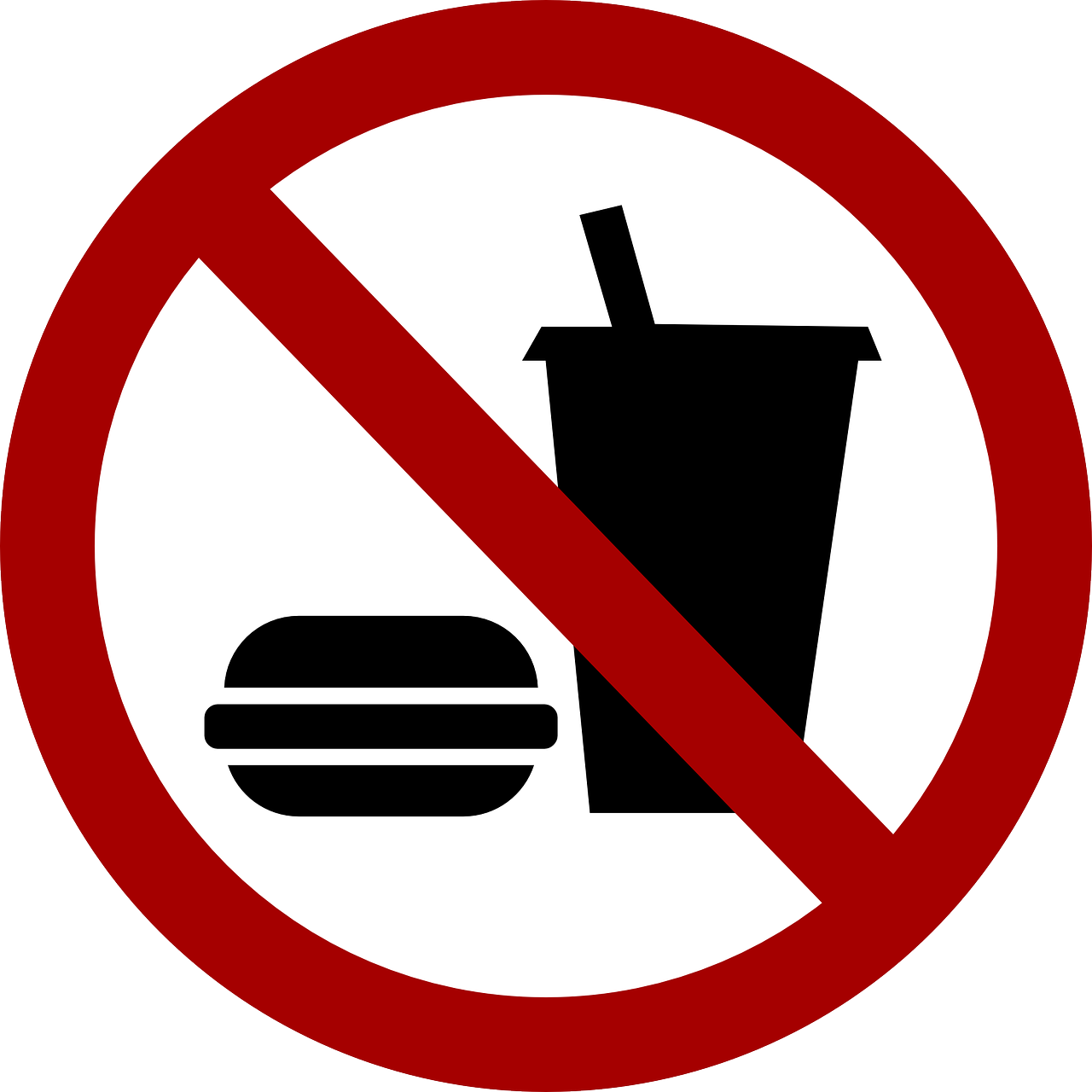It goes without saying that processed foods negatively affect the body and mind. However, I did not understand how an unhealthy diet can sabotage mood levels. After intense research I discovered that the body has a two-way communication between the brain and stomach, therefor what I eat affects how I behave. I then came up with the conclusion– eating a healthier diet will help improve energy levels due to the connection between the gut and mind.
Easy, cheap, and fast snacks have been my go-to “meal” ever since high school. After a long hard day of school and practice, there was no way I could make a nice healthy meal. Instead, I found myself choosing chips or instant ramen for a quick dinner before my endless hours of studying. Some days I would even go out to eat at Taco Bell or Mountain Mike’s Pizza with friends and teammates after games which would decline my energy levels. This always led to me feeling terrible both emotionally and physically.
My habits have continued up to my first year of college. To be honest my energy levels could not be lower at the moment. I feel burnt out. Maybe a change in diet can help improve my ambitions.
There are foods to avoid and foods to enjoy. In his article “You Are What You Eat: Diet May Affect Your Mood and Brain Function,” medical journalist Chayil Champion explains that increasing intake of probiotic and prebiotic foods is important to improve the gut-brain interaction. Along with this, he gives a guideline of beneficial probiotic foods such to enjoy, “yogurt, tempeh, kombucha, kimchi, asparagus apples, oats, and leeks.”
Champion quotes Natalie Gavi, “‘It’s important to get foods like this from the refrigerated section of the grocery store so their beneficial bacteria remain intact and have not been destroyed, as they are when the food is canned or processed.’” In my journey, I avoided frozen and canned items and focused mainly on refrigerated and organic items. I also clearly avoided all processed foods and kept my plate full of fruits, vegetables, and probiotic foods. Building upon this idea I needed to understand the gut-mind connection on a deeper level.
The brain relies on a healthy, nutritious meal to help regulate mood. The article “Food for Mood: How Your Diet Could Be Affecting Your Mental Health” by wellness journalist, Samantha Cho, introduces the connections between food and mood. Cho states, “A healthy diet can also improve focus and productivity—particularly important as brain function consumes up to 20% of the body’s energy despite only making up about 2% of your total weight.”
From this, I was able to understand that my body’s energy mainly came from what I ate. I simplified that eating good equaled good, high energy levels, and eating bad equaled bad, low energy levels. With Cho’s understanding and Champion’s guidelines, I felt confident with my course of actions.
My actions contained the following; I first created a food chart only including items available to eat. Then I would report to my journal on meals eaten. Lastly, I would scale my energy levels throughout my day.
At first, I only ate dinner meals which would include a veggie and a source of protein or probiotic. In a total of three weeks, I only had two cases where I caved in and splurged on low-energy food. Throughout my journey I started to include healthy breakfasts, this was unusual for me but most definitely increased my energy levels. I found that the more meals along with how healthy the meal, I was able to complete all my homework goals and make it through a full day of work without struggling.

The graph included above demonstrates my energy levels documented in my journal throughout my three-week journey. The days with the highest energy levels came from eating homemade salads and my favorite source of protein, salmon. The lowest energy levels came from eating out and an unexpected outlier of being sick. To factor in my sickness I found that eating healthy, vegetable-rich foods helped me overcome my illness.
Ultimately it’s clear that eating a healthier diet will help improve energy levels due to the connection between the gut and mind. I now understand how important it is to eat healthy if I want to feel energized to complete my tasks throughout my day.
Focusing more on organic, nutritious meals expanded my energy levels and helped me excel in school, work, and social events. I have reached a satisfactory conclusion and I will be continuing this diet throughout my college career.








